Analysts have posited a number of explanations for the Chinese regime’s rhetoric, including that the Chinese Communist Party (CCP) is playing the nationalism card to boost its legitimacy or taking advantage of the United States’ accommodating approach to seize the geopolitical upper hand, or the People’s Liberation Army (PLA) is seeking to increase its influence on the Chinese leadership.
U.S. Takes Soft Approach
U.S. Defense officials were careful not to give any hint of politicking when discussing the Pentagon’s report on China’s military power on Aug. 16. A senior defense official, when briefing reporters, pointed out that the publication is “very factual in nature ... the tone of the report and our efforts in writing the report is to be very, very straightforward, factual, descriptive and analytical ...”
The report has even been criticized as too soft. After being embargoed for five months by the administration, and having its title changed by Congress (from “Military Power of the People’s Republic of China” to “Military and Security Developments Involving the People’s Republic of China”), defense experts say it hedges far too much and lacks substance in addressing the implications of its own findings.
“News was that the NSC [National Security Council] thought the information was too provocative,” said Michael Mazza, senior research associate with the American Enterprise Institute (AEI), in an interview with The Epoch Times.
Updates by the Department of Defense adopt a similarly conciliatory tone. Headlines read “Gates Urges Positive U.S.-China Military Relations,” and “U.S. Wants Renewed Military Contacts with China.”
“It seems the administration is still struggling to come to terms with its China policy,” Mr. Mazza says.
After oscillating between a soft and firm line on China over the last several months, the United States has recently been at pains to project dovish intentions.
“The United States has committed itself … to the pursuit of a positive, cooperative, and comprehensive relationship with China,” a senior defense official said at the press briefing.
The recent release of the military report appears along the lines of the “strategic reassurance” policy, a pillar of the Obama administration’s foreign policy, which seeks to accommodate Beijing and provide assurance that the United States is a partner.
The CCP may take the United States’ more conciliatory tone, however, as an opening for more aggressive rhetoric and behavior, according to the AEI’s Mazza.
Nationalist Tendencies
After the United States announced its intentions to carry out war games with South Korea in international waters in the Yellow Sea, which commenced on Aug. 16, the response from nationalist elements in China was strong.
Huanqiu, printed by the official Party mouthpiece People’s Daily, is leading the way in hawkish rhetoric. An article published on Aug. 13 ran with headline “Thoroughly Abandon Illusions About the U.S.! The Biggest Obstacle to China’s Rise is the U.S.”
The contents of the piece, which ran with no byline, upheld the bluster. The article argued that America sending ships to the Yellow Sea is a direct provocation to China, despite whatever statements have been made to the contrary. “In doing this, the United States is publicly declaring that China is a significant enemy,” the article says in its first paragraph.
The sensitivity may be related to the Communist Party’s expanded definition of its “core interests,” a phrase which has until now been used to refer mostly to Xinjiang and Tibet. The CCP now wants to include the Yellow Sea and the South China Sea in its manifesto of core interests, according to an analysis by Willy Lam of the Jamestown Foundation .
With the Party having extended China’s core interests into international waters—and to the whole of the Korean Peninsula, according to South Korean media—the United States’ encroachments can only be seen in the most unforgiving light: “Since the Pentagon insists on making China its military rival, China is only left with becoming a qualified opponent: We must let the U.S. know that its strategic mistakes must come at a great price,” the Huanqiu editorial rails.
It is unclear to what extent Huanqiu represents the views of the CCP leadership; it is not a mouthpiece of the CCP Central Committee, according to Chinese media analysts. The strident editorials go down well with Internet users, however, attracting numerous remarks that laud Chinese communist predominance and demonize the United States.
The bellicose tones may also be a way for the CCP to maintain its credibility among the masses, according to Mr. Mazza. In the context of constant domestic pressures, “the CCP needs to rely more heavily on its appeal to its nationalistic credentials to assure its legitimacy, and I think that’s where some of the stronger statements come from,” he said.
PLA to the Fore
Important figures in the Chinese military have put forward views similar to that found in Huanqiu, with some going even further.
For two days after the Pentagon report was released, the PLA Daily, which is the mouthpiece of the People’s Liberation Army, carried the headline “Defense Spokesperson: Resolutely Oppose U.S. Report on China’s Military.”
The final paragraph of the press release, reprinted in major state media channels, “requires” the United States to look “objectively and fairly at China’s national defense and military development,” dispense with “words and deeds that are detrimental to the US-China relationship and military trust,” and finally, simply stop publishing the “so-called” report altogether.
Air Force colonel Dai Xu, perhaps China’s number one military hawk, wrote an Aug. 5 editorial for Xinhua for which the headline is: “Using the Country’s Power to Send a Warning and Counter-Attack, That’s the Only Way to Gain America’s Respect.”
According to Colonel Xu, “America has continually carried out war and sought out adversaries. This is the normal state of its societal development. Without war, the U.S. economy loses impetus.
“America has absolutely no right to brazenly, again and again, take actions that harm China’s security. Those forces that dare to threaten China should be given a warning and be beaten back with the nation’s power ... Our velvet glove of diplomacy should have hidden within it the strength of iron. This way may seem to directly invite opposition, but actually, it’s the simplest way of avoiding conflict. America respects this sort of adversary,” he writes.
A parallel argument is put forward by Major General Luo Yuan. In a heavily publicized speech on Aug. 12, he argues that America’s sending an aircraft carrier to the Yellow Sea would be deliberately provocative, and another demonstration of America’s “three -isms”: hegemonism, gunboatism, and unilateralism, according to Luo.
“The United States tries to extend its security borders to other country’s doorsteps. The so-called ‘maritime security’ is actually America’s holy and inviolable gunboat, just guaranteeing its own security, but what about others?” Luo asks.
The conspiracy theory that the United States is intent on containing and harming China has been reported in the Chinese media for a long time, but the recent outbursts by major figures may signal a shift in the military’s assertiveness, according to Howard Jia, editor with the Washington, D.C.-based think tank Chinascope.
“Over the past 20 years, members of the military have not held high positions in central CCP bodies. No military staff are in the Politburo, and only a few are in the Standing Committee. The PLA might be using this opportunity to ask for more funding and gain more power. There might even be internal political fighting going on, though on the surface it’s about an external issue. But in the top leaders’ minds, they know very well the consequences of having a war with the United States,” he said.

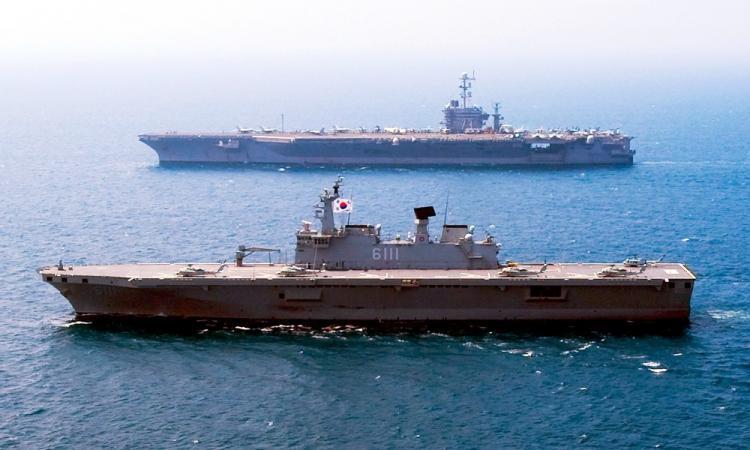
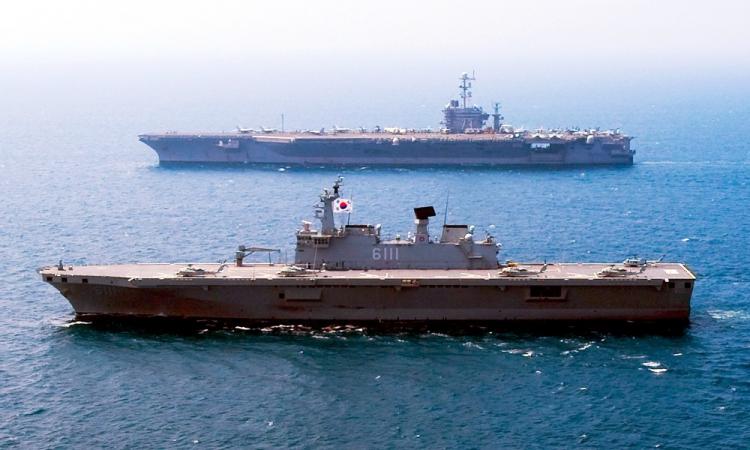
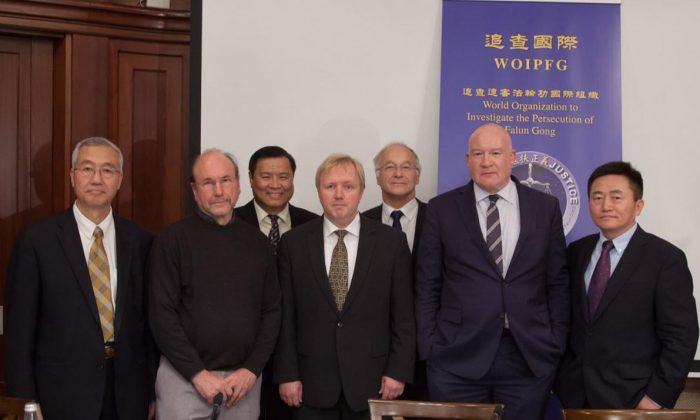
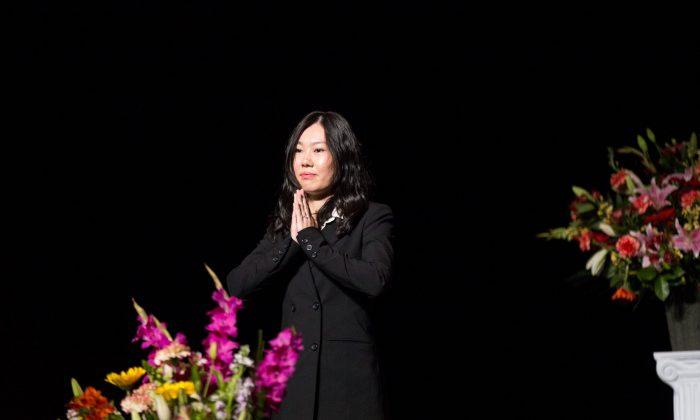
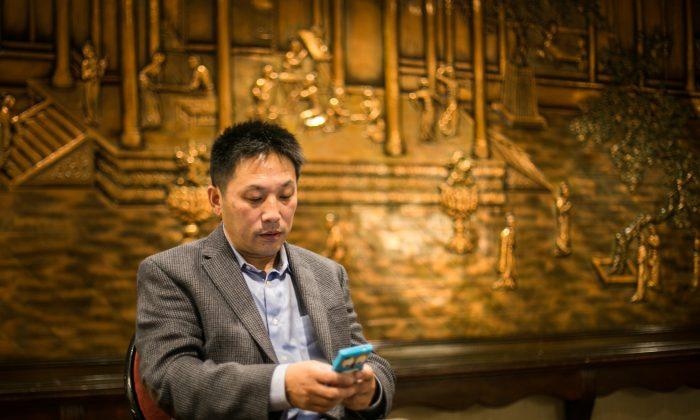

Friends Read Free